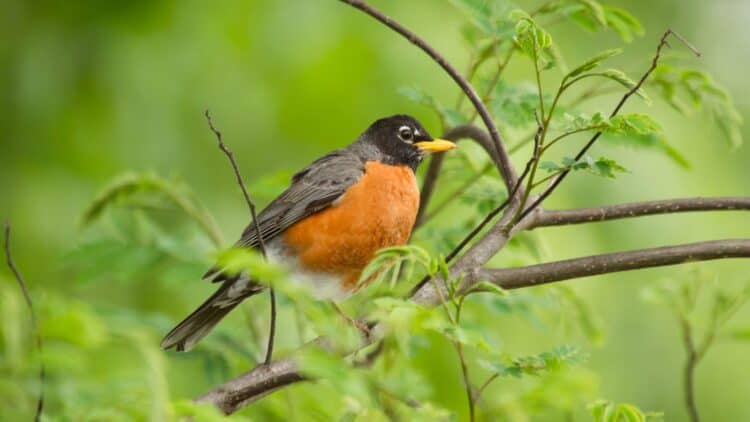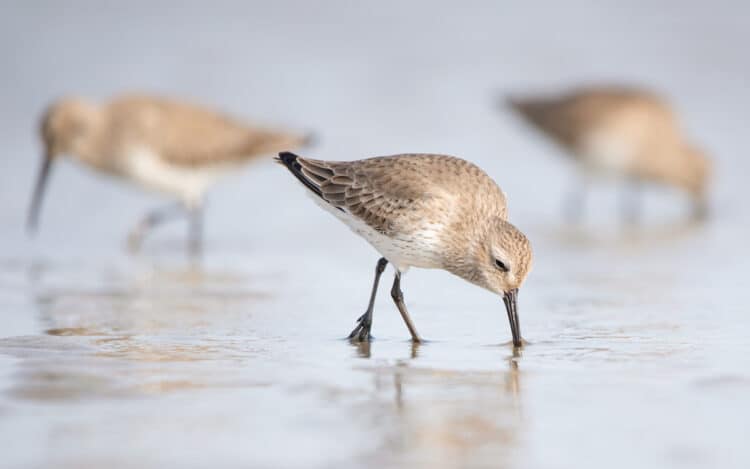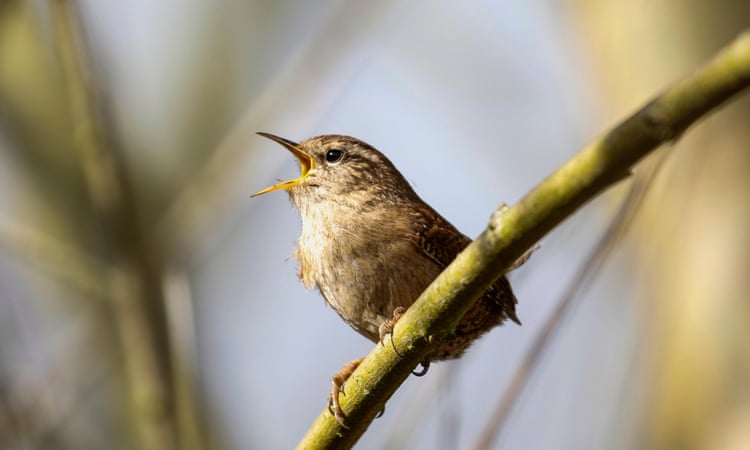It’s supposed to be very British to talk about the weather so much but that’s what we are all moaning about right now. It’s rained every day for over two weeks and it’s not very warm and it’s supposed to be spring. Huh!

I did slip out one day last week and managed a two hour walk at my local patch of Stanwick Lakes without getting wet. I was glad I did as I saw lots of swifts – they are back.
And it is like that with swifts, they aren’t around, nobody sees them , and suddenly they are everywhere. And now they are everywhere.
I also caught up with a lesser whitethroat – one of our warblers. This bird has a distinctive rattling song but my impression is that they sing less than the other warblers. You rarely hear lesser whitethroats singing over and over again – it’s usually just a quick rattle or two and then they shut up for quite a while. But they are back.
And another migrant that I saw is not ‘back’, it’s just passing through. At these gravel pits the common terns have been back for a few weeks now and can be heard and seen displaying over suitable nesting islands. But there is another tern, the Arctic tern, which passes through this valley of the River Nene in late April and May but is heading towards the far north. The Arctics are heading to northern Scotland or, yes, the Arctic and when I see them at this time of year they are usually either having a rest or shooting up the valley in fast-moving compact flocks.
Arctic terns are the most travelled of our birds: nesting, somne of them, in the high Arctic and wintering in another summer (if you see what I mean) in the Southern Ocean. Some of them might see polar bears and penguins in the same year.
There are very few butterflies around at the moment – it’s too wet and cold. I’m glad the swifts are back but i wonder whether they are glad too. Brrrrr! It’s cold!
Mark Avery
Dr Mark Avery is a biologist by training and a naturalist by inclination. He worked for the BirdLife International UK partner, the RSPB, from 1986-2011, with the last 12 years of that as Conservation Director. He lives in the UK in east Northamptonshire and often sees red kites over his garden. He is now a freelance writer and consultant.



Leave a Reply